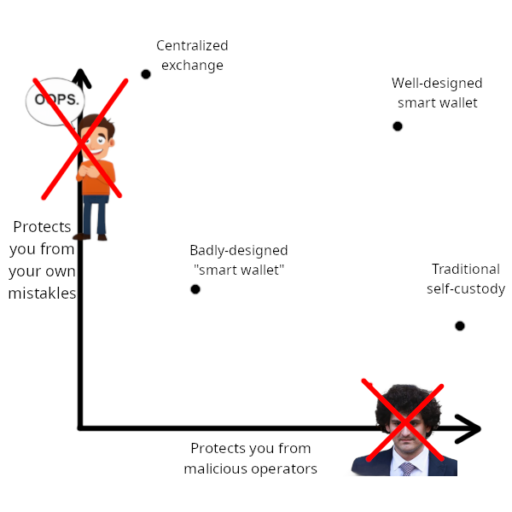Vitalik Buterin Proposes New Privacy-Focused Wallet Technology for Ethereum
Ethereum co-founder Vitalik Buterin unveiled a vision for wallet technology aimed at enhancing privacy and security in blockchain ecosystems. His proposal redefines user interaction with digital assets, advancing beyond conventional financial management.
Buterin's blueprint presents wallets as sophisticated privacy tools rather than simple storage solutions. He advocates for integrating advanced privacy technologies, such as ZK-SNARK technology and Layer 2 (L2) networks, to empower users with greater control over their financial and personal information.
The vision includes integrated private transfer mechanisms, allowing users to manage a “private balance” within a unified wallet ecosystem, enabling automatic processing of transfers through anonymized channels.
Enhanced Security with Decentralized Custody for Off-Chain Data
Security is a central concern in Buterin’s strategy. He proposes decentralized custody solutions that enhance protections for off-chain data, aiming to create a multi-layered security framework that safeguards both financial and sensitive personal information.
The proposal also seeks to reduce reliance on Remote Procedure Call (RPC) providers by promoting standardized light clients that can verify blockchain consensus across Layer 1 and Layer 2 networks, addressing risks related to data manipulation or unauthorized extraction.
Buterin envisions future wallet interfaces as intelligent systems, potentially incorporating artificial intelligence or brain-computer interfaces, which could transform interactions with digital assets and decentralized applications.
Vitalik: Avoid Mistakes, SBF? Don’t Trust!
In a humorous critique of crypto custody models, Buterin compares centralized exchanges and self-custody against “smart wallets.” Centralized exchanges provide some safety but have notable failures, exemplified by former FTX CEO Sam Bankman-Fried (SBF), labeled a “malicious actor” by Buterin. Self-custody maximizes user control but poses risks of user error. He suggests well-designed smart wallets could offer an optimal balance.

Source: vitalik.eth.limo
Buterin’s approach introduces a sophisticated access control system where a primary key manages low-value operations, while a group of five guardians must collaborate to authorize high-stakes transactions. This model enhances flexibility and security in digital asset management.
The proposed wallet architecture signifies more than a technological upgrade; it represents a philosophical shift towards digital ownership. By emphasizing user agency, privacy, and security, Buterin aims to establish a more inclusive and trustworthy blockchain ecosystem.